Description
ABSTRACT
Enforcement of Arbitral Awards: Navigating the Uncertainties of Public Policy Defence
Chimezie Onuzulike*
ABSTRACT
One of the reasons for the attractiveness of arbitration is the finality of the resulting award. Although in principle, arbitral awards are final -and should in fact be so-, in practice this is not necessarily so. Award debtors always find reasons to resist the enforcement of awards, or worse, to apply to set them aside on one of the permissible grounds. One of such permissible grounds is the public policy ground. Public policy is a relative concept dependent on the prevailing moral, social, political, economic or legal principles of each state. Since public policy Is based on application of a state’s legal principles and values, States continue to expand the list of acts that may be seen as contrary to public policy. Recently, the Russian Courts in two cases refused enforcement of an arbitral award on public policy grounds because- in one case- the award creditor, and- in the other case- the arbitrators were nationals of a country deemed ‘unfriendly’ under Russian legislation. This paper examines the contemporary trends in public policy defence as a ground for resisting the enforcement of or setting aside arbitral awards.
Keywords: Arbitral Awards, Court, Enforcement, Public Policy, Recognition, States.
INTRODUCTION
It is a fundamental principle of commercial arbitration that the resulting awards are final and not subject to appeal. The existence of a valid arbitration agreement demonstrates the very intention of the parties that their dispute be decided by a final and binding decision of arbitrators chosen by them. However, several jurisdictions may set aside or refuse to enforce an arbitral award if it violates international public policy, any fundamental public policy, or mandatory law of the forum of enforcement or annulment. This is usually based on the public policy defence to enforcement of arbitral award created by statute or rooted in the common law doctrine that a court may refuse to enforce contracts contrary to public policy. The public policy defence is frequently invoked to resist recognising and enforcing or setting aside arbitral awards.
As a last resort against enforcing an arbitral award that ordinarily should be enforced by the nature of its finality, the significance of public policy defence is fundamental. A party may seek to leverage on public policy defence to set aside an unfavourable award. Although, admittedly, the defence may also be invoked to maintain the integrity of arbitration by setting aside or refusing to enforce an award that violates certain basic notions of morality and justice.
* LL.B, BL, MCIArb (UK).

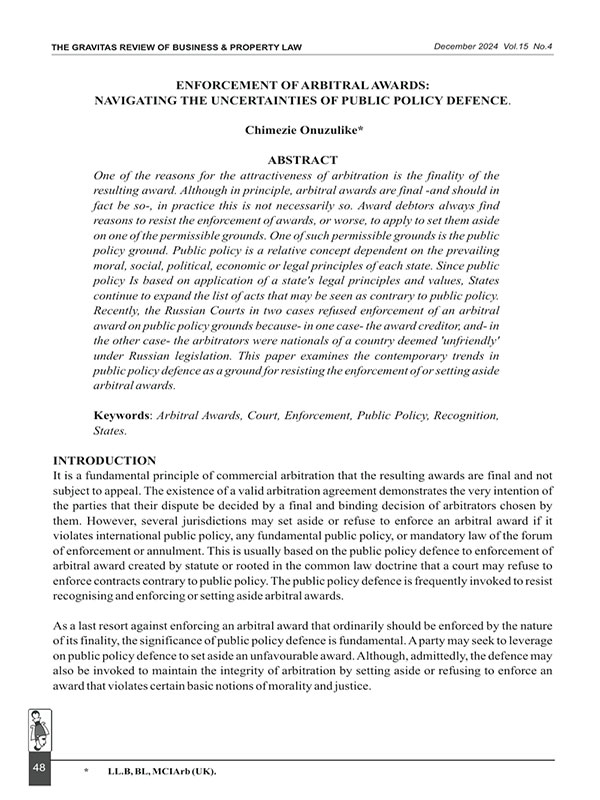
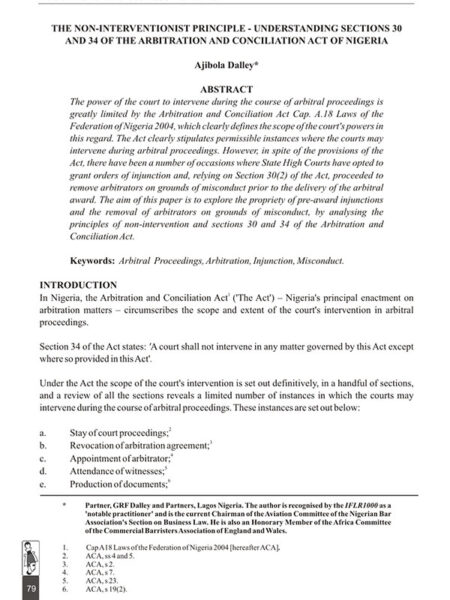
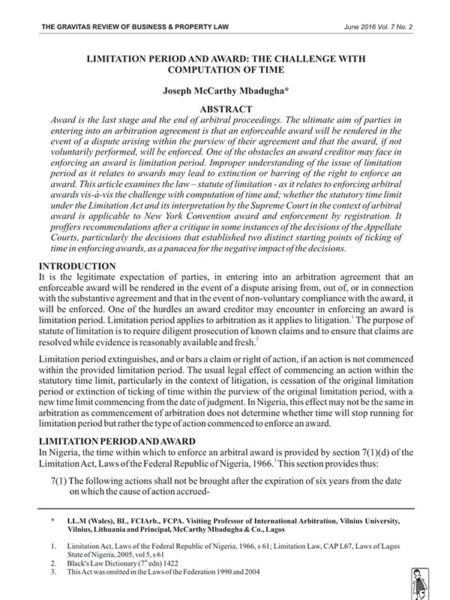
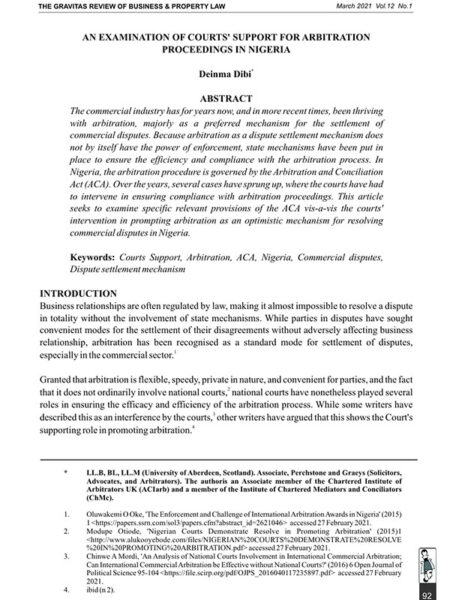
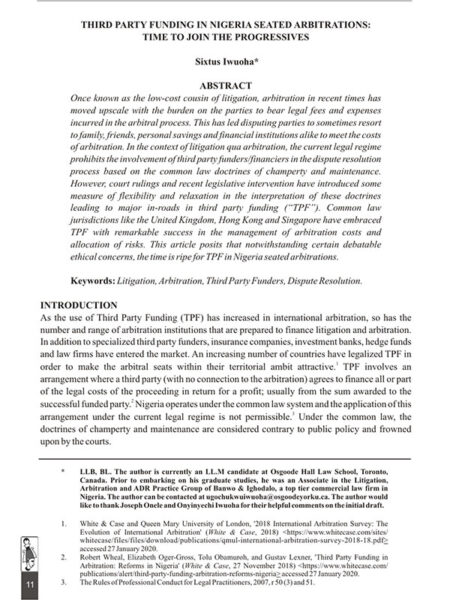


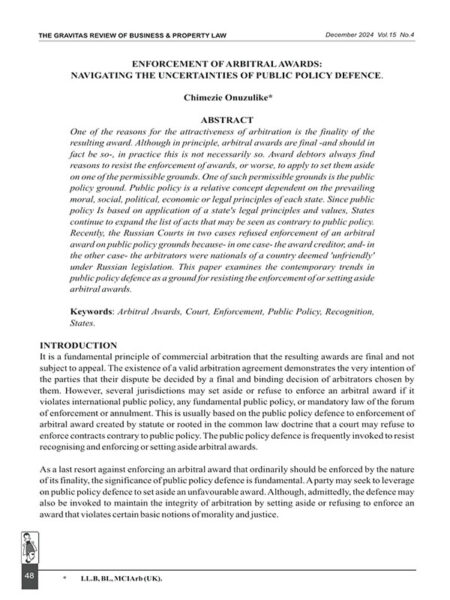
Reviews
There are no reviews yet.